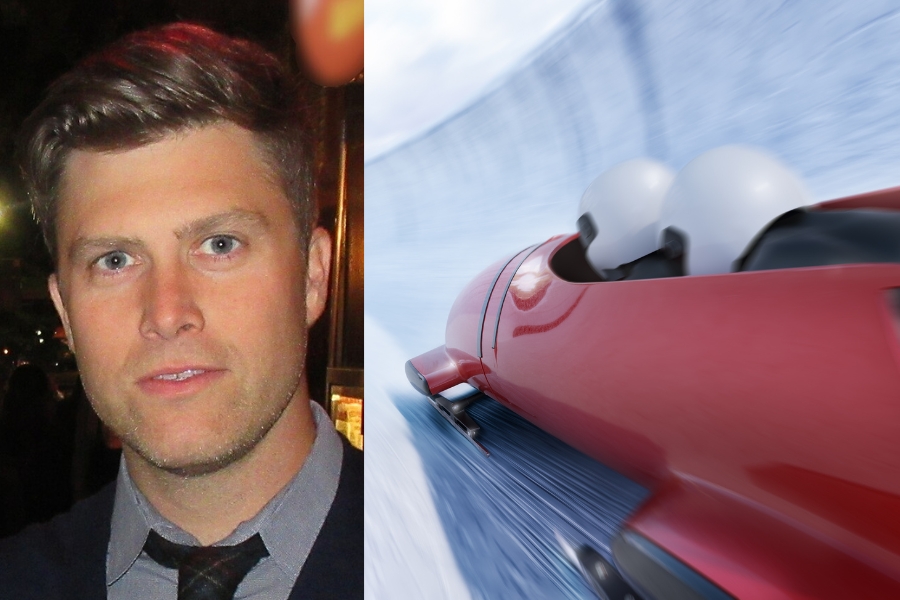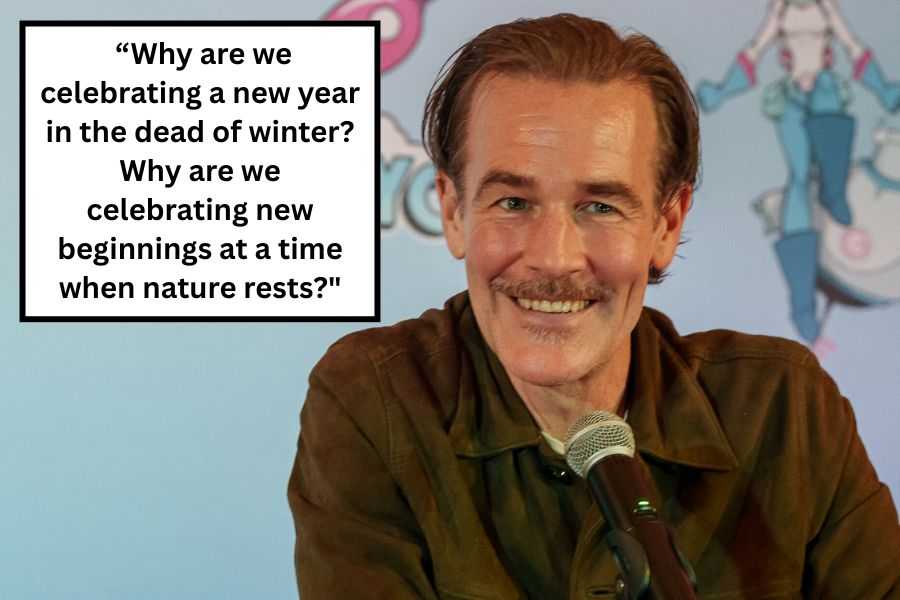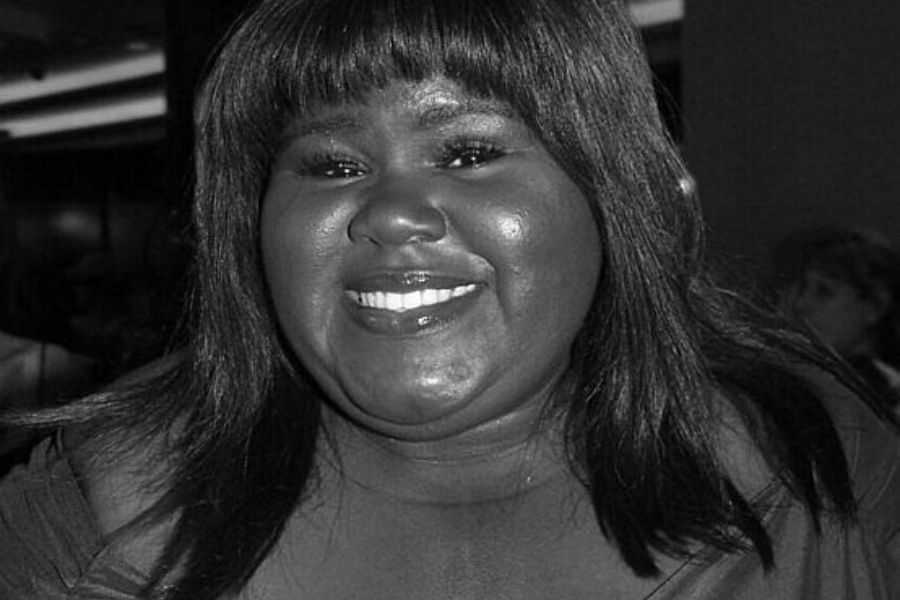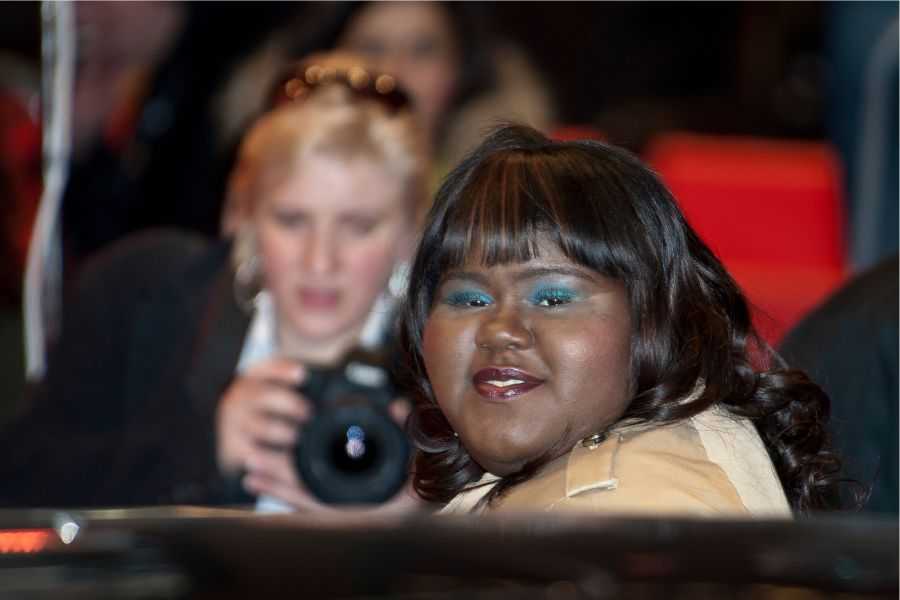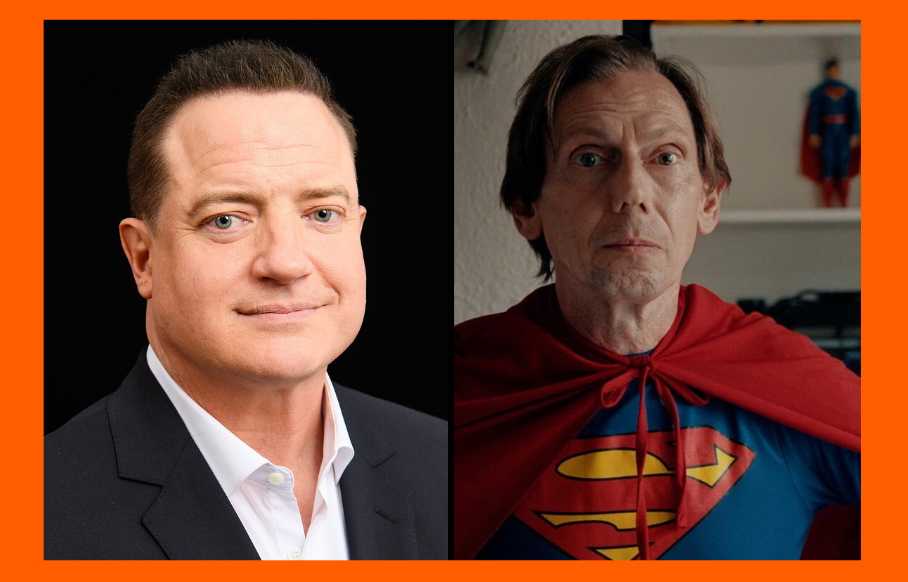Countless people who have encountered a near-death experience, or NDE, have reported feeling incomprehensible levels of tranquility and freedom from pain. Which is, at the very least, an intriguing thought. As scary as death is, we can maybe take comfort in the fact that bliss beyond our wildest imagination might await us once we cross that threshold.
This certainly seems to be the case for Jeremy Renner. Following his nearly fatal snowplow accident in 2023, the Hawkeye actor has been getting candid about how it initially felt to return to his mortal coil. Turns out, it wasn’t as great as the alternative.
Speaking to Kelly Ripa on a recent episode of her Let’s Talk podcast, Renner called going past the veil a “great relief.”
“It’s a wonderful, wonderful relief to be removed from your body,” he told Ripa. “It is the most exhilarating peace you could ever feel. You don’t see anything but what’s in your mind’s eye. Like, you’re the atoms of who you are, the DNA, your spirit. It’s the highest adrenaline rush, but the peace that comes with it, it’s magnificent. It’s so magical.”
The euphoria was so potent, in fact, that Renner “was so pissed off” when doctors resuscitated him.
“I came back, I’m like, ‘Aww!’” he recalled. “I saw the eyeball again, I’m like, ‘Oh, s—, I’m back,’ Saw my legs. I’m like, ‘Yeah, that’s gonna hurt later.’ I’m like, ‘All right, let me continue to breathe.’”
Renner also had another poignant note to make. While many people who have had NDEs also remember seeing or sensing the presence of deceased loved ones, when asked by Ripa if he had such an occurrence, Renner replied, “You don’t need to. That’s a human experience.”
“Time is a human construct,” he continued. “It’s useless. It’s not linear. It’s not how it exists. It’s just like the most remedial version of your spirit’s existence is being on Earth. This is so remedial, language, all these things and blah, blah, blah… It’s all knowing, all experiencing, all at the same time, all at once.”
Or course, not every NDE includes such positive, affirming sensations. According to Scientific American, they can also be “frightening, marked by intense terror, anguish, loneliness and despair,” though these types of NDEs might not receive as much press “because of shame, social stigma and pressure to conform to the prototype of the ‘blissful’ NDE.”
As the outlet noted, this could perhaps indicate that the quality of a person’s NDE—whether they go through heaven or hell before entering the great beyond—depends heavily on the stories that shape the individual’s mind.
And on a hopeful note, the research by and large seems to indicate that “the experience of death” frequently leads to “positive long-term psychological transformation and growth,” helping people to become more loving, compassionate, grateful, joy, and fulfillment.
It’s not exactly a subject that’s easy to measure and study, but from the countless stories we’ve heard just like Renner’s, maybe we can take solace in the very real possibility that there is more to life than the time we spend on this planet.
Listen to the full podcast episode below:





